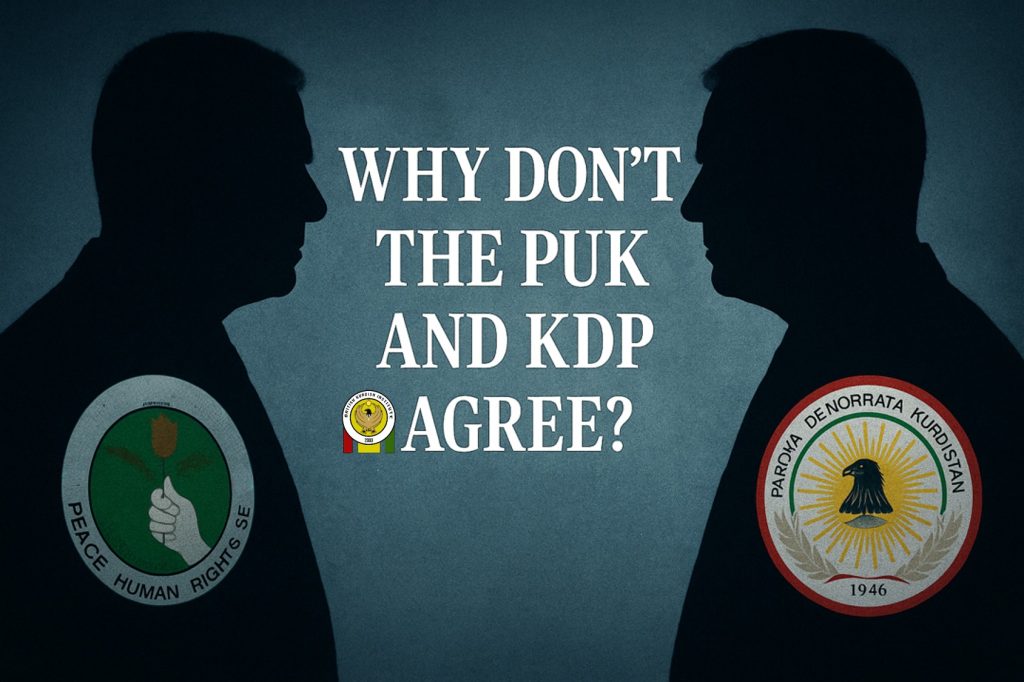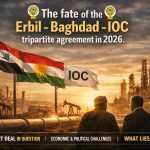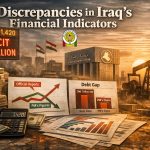Post-Election Deadlock in Kurdistan
After the Kurdistan parliamentary elections in October last year, concerns quickly arose about the distribution of seats and the difficulty of forming a government. I predicted that the Patriotic Union of Kurdistan (PUK) and the Kurdistan Democratic Party (KDP) might delay cabinet formation until the 2025 parliamentary elections—potentially pushing the establishment of the tenth cabinet to 2026.
However, the three major blocs (PKK, PUK, and Nawa-i-Nuw) soon announced their own conditions for government formation. Many believed that at least two of these groups, along with smaller factions, could reach an agreement. Despite this, the first parliamentary session was delayed for months, and when it was finally held, little progress followed.
A Government Without Legitimacy
Ten months after the elections, the Kurdistan Region still has no new government. Instead, both the government and presidency have extended their terms for four years without parliamentary approval—eroding legitimacy and fueling political frustration.
To prevent deeper political paralysis, I previously suggested synchronizing Kurdistan’s parliamentary elections with Iraq’s national elections. This would restore credibility to the region’s institutions. Some factions even appealed to the Federal Supreme Court, demanding the dissolution of parliament. Yet, no concrete results emerged, leaving the legitimacy of Kurdistan’s governance in serious doubt.
The Growing Risk of Division
The real danger is not only the political deadlock, but the potential collapse of local governance in South Kurdistan. With shifting dynamics in the Middle East—such as the weakening of Iran and the uncertain future of Syria—the Kurds should be entering a period of opportunity. Instead, internal conflict between the PUK and KDP threatens to squander this moment.
Unless these two dominant parties revive a strategic agreement, Kurdistan risks being sidelined. While Baghdad may form its new cabinet after the Iraqi elections, the Kurdistan Region may remain stuck—without a functioning parliament or legitimate government.
Why Can’t the PUK and KDP Compromise?
This raises the essential question: why don’t the PUK and KDP agree? Their shared history shows that even during violent conflicts, compromise was possible. Past leaders like Mam Jalal and Massoud Barzani managed to bridge divides for the sake of Kurdish unity. Yet today, neither side appears willing to compromise, despite the fact that current disputes are far less severe than past crises.
The longer this conflict continues, the more fragile Kurdistan’s political stability becomes. In fact, failure to resolve these differences could endanger the very existence of the Kurdistan Region as a political entity.
Lessons from the Strategic Agreement
During the era of the strategic agreement, the Kurdish parties coordinated power-sharing between Baghdad and Erbil. This strengthened the Kurdish position nationally. Today, that balance has collapsed. Without cooperation, Kurdish influence has weakened, and threats from Baghdad have increased.
If the PUK and KDP continue down this path of rivalry, the next four years could bring even greater losses for both the parties and the Kurdish people.
Restoring Trust and Balance
Trust is the foundation of any political partnership, yet today the PUK and KDP deeply distrust one another. Rebuilding confidence will not be easy. One practical solution is a redistribution of posts between Erbil and Baghdad, ensuring that both sides feel represented. This balance could prevent either party from feeling marginalized and create space for a new long-term agreement.
The Future of the Kurdish Political Movement
If the PUK and KDP fail to cooperate, the broader Kurdish political movement will continue to weaken. Their rivalry undermines not only governance in Kurdistan but also the credibility of the Kurdish cause on a national and international level.
Despite the challenges, the survival of Kurdish political power depends on unity. The future strength of South Kurdistan—and the Kurdish nation as a whole—rests on whether the PUK and KDP can put aside rivalry and build a shared vision for governance.









